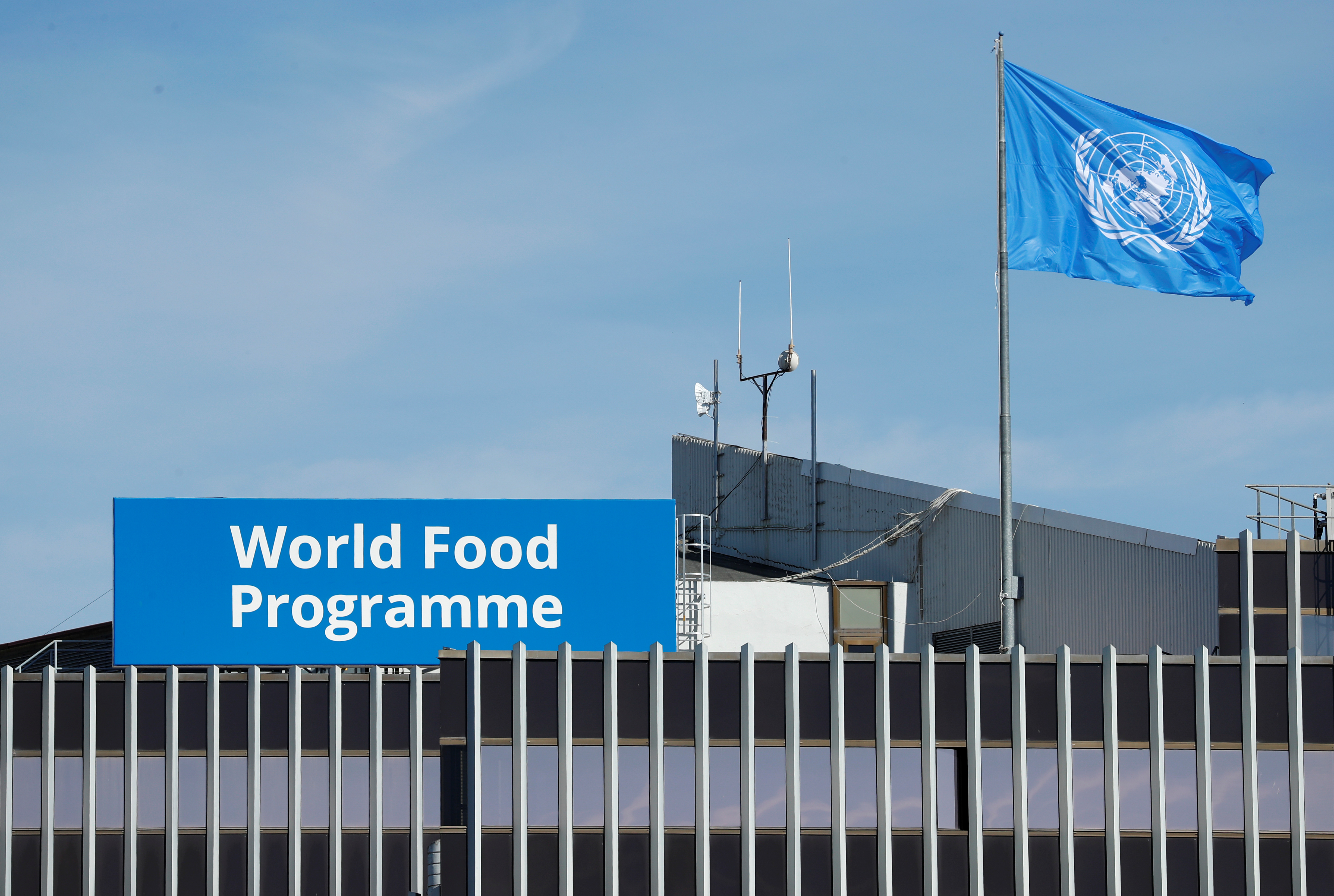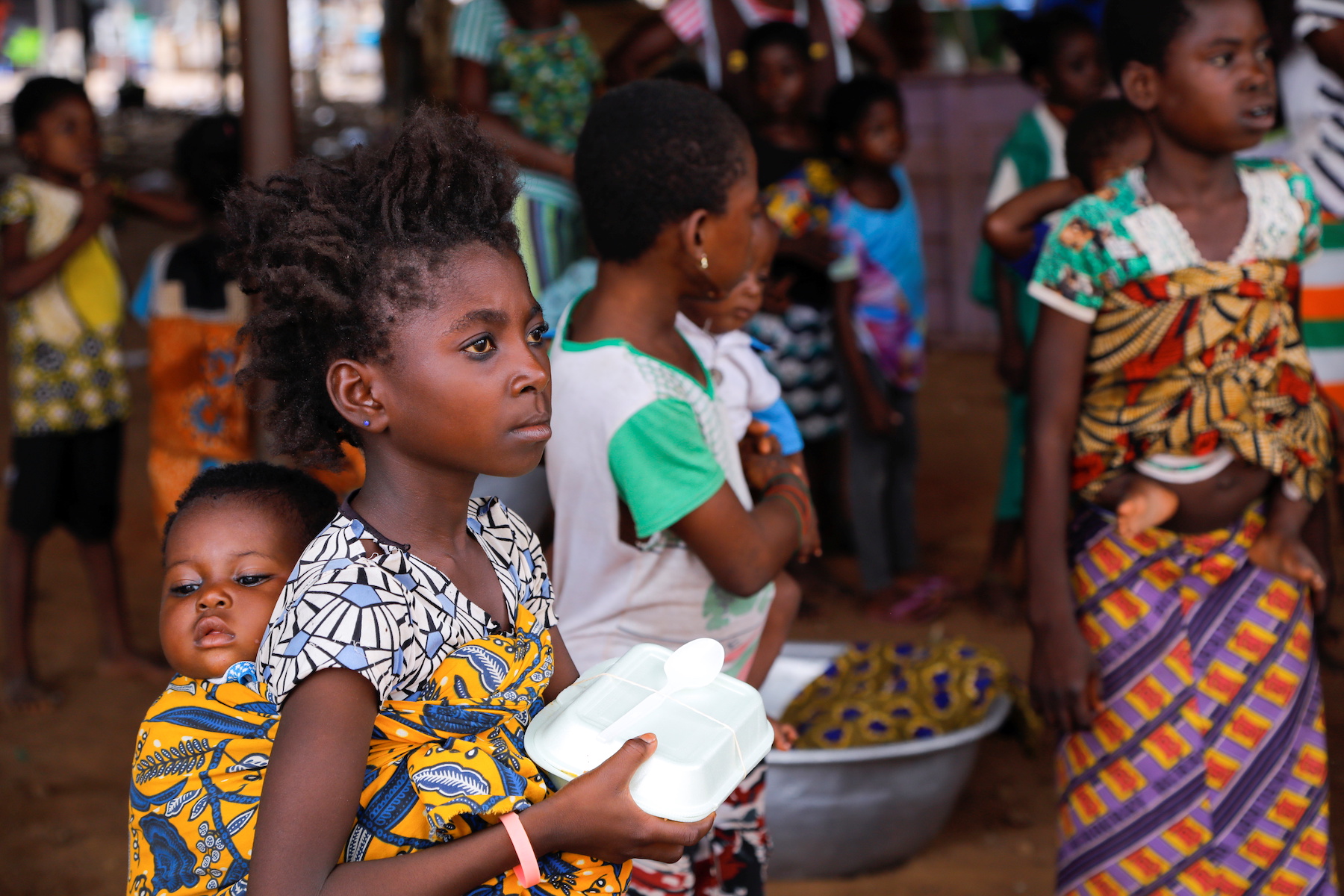Humanitarian Crisis Deepens in West and Central Africa
The United Nations World Food Program (WFP) announced a drastic suspension of food and nutritional assistance across West and Central Africa, directly attributed to severe funding cuts from the United States and other global partners. As reported by AP News, the ramifications are immediate and catastrophic, with millions facing the grim prospect of starvation.
Funding Cuts Create Dire Food Shortages
The WFP’s operations have already been halted in countries like Mauritania, Mali, and the Central African Republic, where food stocks are dangerously low. The agency’s regional director, Margot van der Velden, emphasized the urgency for sustained funding, stating, "We need urgent support from our partners—our ability to respond is shrinking by the day." This dire situation is compounded by President Trump"s drastic cuts to USAID, which have left humanitarian organizations struggling to meet escalating needs across the continent.

What is the World Food Programme, and what does it do? | Reuters
Children at Risk of Severe Malnutrition
The impact on vulnerable populations, especially children, is alarming. According to data from the WFP, approximately 300,000 children in Nigeria are at risk of severe malnutrition, with many facing an increased risk of death. The International Rescue Committee reported a staggering 178% rise in inpatient admissions at clinics in northern Nigeria from March to May, highlighting the urgent need for food assistance as 1.3 million people depend on WFP aid.
Escalating Violence and Instability
As food aid dwindles, the potential for violence and instability increases. The Sahel region, already plagued by militant attacks, risks further destabilization as hunger drives desperation. Oluwole Ojewale, a security analyst at the Institute of Security Studies, warned that hunger exacerbates existing vulnerabilities, pushing individuals toward extremist groups. He stated, "When hunger comes on top of the layers of other challenges, it compounds the issue. We have seen people take to terrorism and violent extremism basically because they couldn’t survive the biting reality of poverty." This alarming trend underscores the connection between humanitarian aid and regional security.

Africa"s food crisis is the biggest yet – five reasons why
Urgent Funding Needs and International Responsibility
The WFP requires $494 million to sustain operations through the second half of 2025, yet current funding has completely run dry. This financial shortfall is not just a humanitarian tragedy; it poses a significant risk to regional stability. With Niger facing a total suspension of food aid by October, the clock is ticking for millions who rely on these critical resources. As noted by NPR, up to 14 million lives could be lost due to these aid cuts, emphasizing the dire consequences of depriving nations in crisis of essential support.

![[Video] Anti-ICE Protester Pepper Sprayed as CBP Agents Disperse Crowd in Minneapolis](/_next/image?url=%2Fapi%2Fimage%2Fthumbnails%2Fthumbnail-1768260677127-y71sb7-thumbnail.jpg&w=3840&q=75)

![[Video] Several injured as U-Haul truck drives through Iranian protestors in Los Angeles](/_next/image?url=%2Fapi%2Fimage%2Fthumbnails%2Fthumbnail-1768176682028-q95y6j-thumbnail.jpg&w=3840&q=75)
![[Video] Scuffle breaks out between Trump supporters and Anti-ICE protesters in Times Square](/_next/image?url=%2Fapi%2Fimage%2Fthumbnails%2Fthumbnail-1768165958203-hgcgb-thumbnail.jpg&w=3840&q=75)


![[Video] Gunfire between Iraqi security forces and Sadr militias in Baghdad](/_next/image?url=%2Fapi%2Fimage%2Fthumbnails%2Fthumbnail-1768343508874-4redb-thumbnail.jpg&w=3840&q=75)
